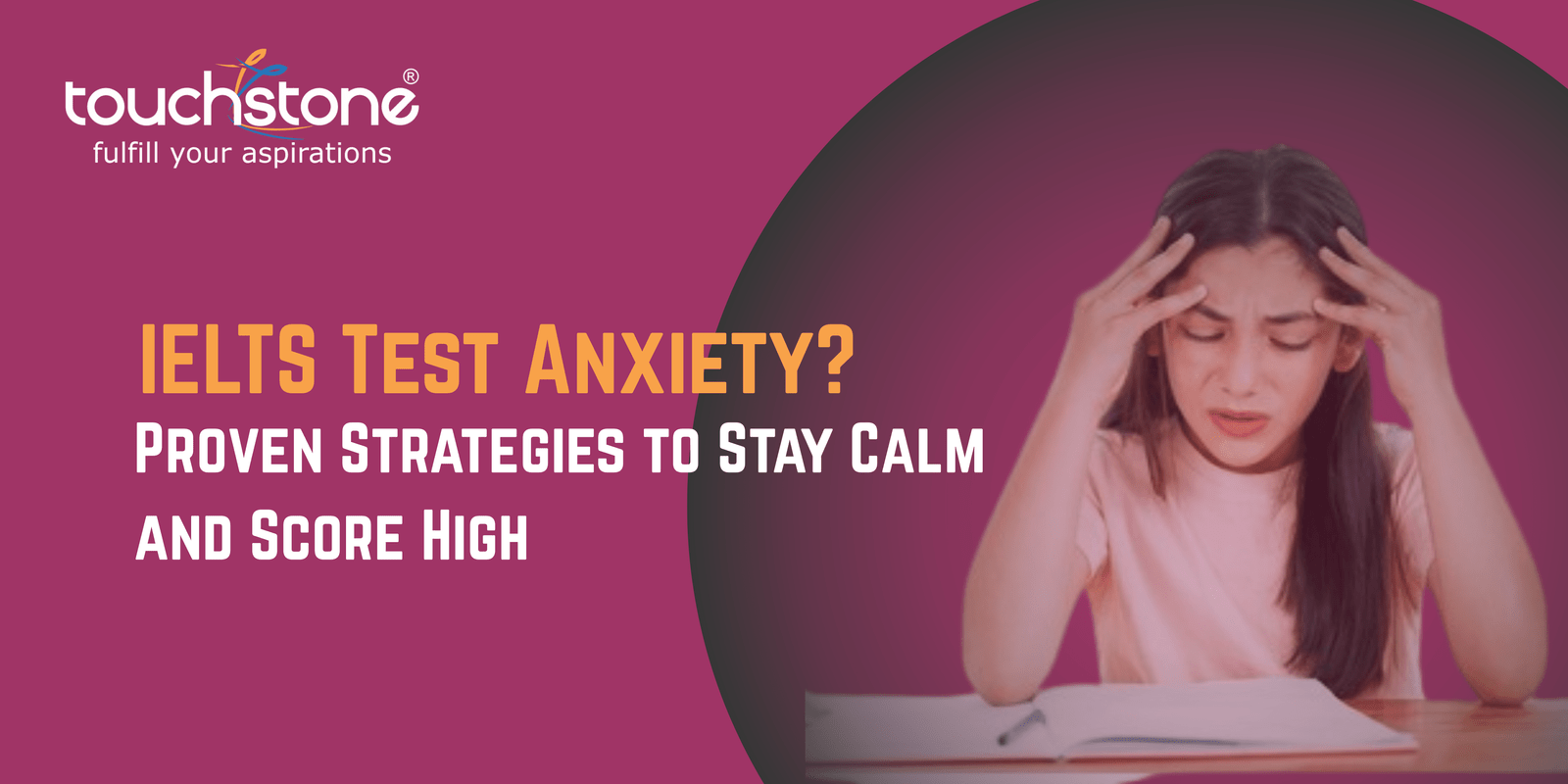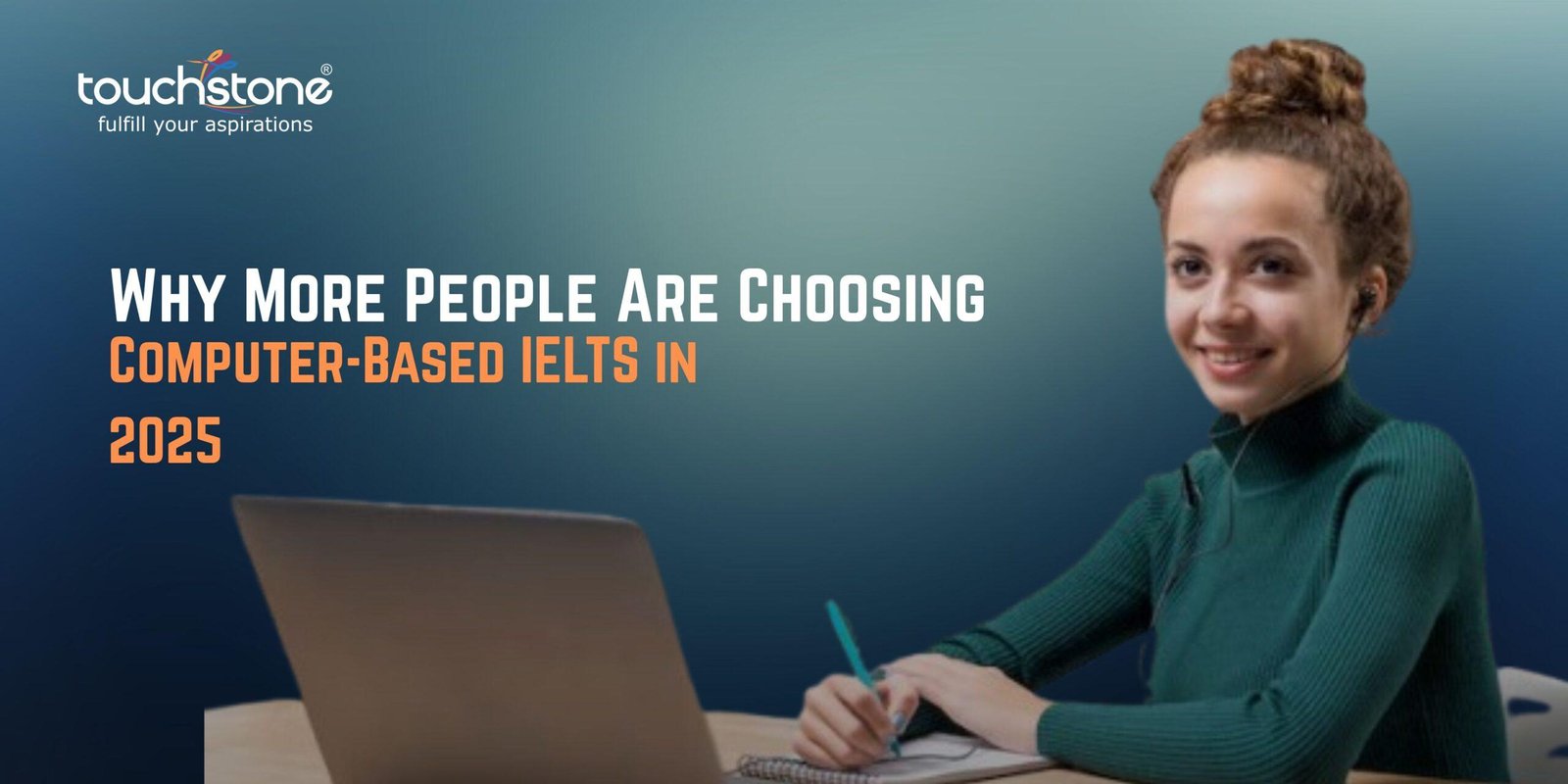Table of Contents
- 🇬🇧 Why Study in the UK? Top Reasons for Indian Students
- UK Student Visa Types for Indian Students (2025)
- Eligibility Criteria for UK Student Visa
- Step-by-Step: How to Apply for a UK Student Visa from India
- UK Student Visa Fees & Costs (2025)
- Scholarships for Indian Students in the UK (2025)
- Post-Study Opportunities: Graduate Route Visa
- Top UK Universities for Indian Students (2025)
- Tips to Improve Visa Approval Chances
The United Kingdom remains a top destination for international students, offering world-renowned universities, innovative teaching methods, and a rich multicultural environment. Whether you’re aiming for research excellence, industry exposure, or global networking opportunities, studying in the UK can be a life-changing decision.
From historic cities and cultural landmarks to cutting-edge campuses, the UK blends tradition with modern academic life like few other countries. For Indian students looking to begin their academic journey abroad, securing a UK Student Visa is the first and most important step.
Key Requirements for the UK Student Visa Process
Indian students must apply for a Student Visa, which varies based on your age and the course you plan to undertake. The visa process includes obtaining a Confirmation of Acceptance for Studies (CAS), demonstrating English language proficiency, proving financial capability, and attending a biometric appointment. Understanding these requirements in advance helps ensure a smoother, more successful application.
Why Study in the UK? Top Reasons Indian Students Choose the UK
Every year, over 140,000 Indian students apply to study in the UK — and here’s why:
- Globally Respected Universities: Home to 4 of the world’s top 10 universities (Oxford, Cambridge, UCL, and Imperial).
- Post-Study Work Visa: Stay 2 years (UG/PG) or 3 years (PhD) under the Graduate Route.
- Work While Studying: Work part-time (up to 20 hours/week) during term and full-time during holidays.
- Shorter Courses: One-year Master’s degrees save time and money.
- Diverse Community: Study alongside students from over 100 countries.
UK Student Visa Types for Indian Students (2025)
| Visa Type | Best For | Key Details |
|---|---|---|
| Student Visa | Age 16+ | Full-time degree programs; part-time work allowed |
| Child Student Visa | Age 4–17 | For schooling at UK independent schools |
| Short-Term Study Visa | Language courses | 6–11 months; no work rights |
| Graduate Route Visa | UK graduates | Stay 2–3 years post-study without job sponsor |
Most Indian students apply under the Student Visa category for undergraduate and postgraduate degrees.
Eligibility Criteria for UK Student Visa
To qualify for a UK Student Visa, Indian students must:
- Have an Offer Letter & CAS:
- CAS = Confirmation of Acceptance for Studies
- Issued by the university after offer acceptance and deposit payment
- Prove English Proficiency:
- Tests accepted: IELTS, TOEFL, PTE Academic, Duolingo
- Some universities accept Class 12 English scores (CBSE/ICSE)
- Show Financial Capability:
- London: £1,334/month
- Outside London: £1,023/month
- Funds must be held for 28 consecutive days in your or your parents’ account
- Valid Passport: For the entire duration of the course and return travel
- TB Test: Mandatory for Indian applicants; must be from UK-approved clinics
- Other Documents:
- Academic transcripts
- SOP (Statement of Purpose)
- ATAS Certificate (for some STEM courses)
- Passport-sized photos
- Consent letter (if under 18)
Step-by-Step Guide: How to Apply for a UK Student Visa from India
- Receive Offer & CAS Letter:
- Apply to UK universities via UCAS or directly
- Accept the offer and pay the deposit to get CAS
- Prepare Documents:
- Financial proof, English test results, TB certificate, academic records, passport
- Apply Online:
- Visit the UKVI portal
- Fill the form, pay visa fee, and IHS (Immigration Health Surcharge)
- Book Biometric Appointment:
- Schedule and attend an appointment at VFS Global to submit fingerprints and documents
- Wait for Visa Decision:
- Standard: 3 weeks
- Priority: 5 working days
- Super Priority: 1 working day
- Travel to the UK:
- Collect your Biometric Residence Permit (BRP) within 10 days of arrival
UK Student Visa Fees & Costs (2025)
| Expense | Cost (£) | Approx. Cost (INR) |
|---|---|---|
| Visa Application Fee | £490 | ₹55,000–58,000 |
| Immigration Health Surcharge | £776/year | ₹88,000–95,000/year |
| TB Test | £25 | ₹2,500 |
| CAS Administration Fee | £25–£30 | ₹2,500–₹3,000 |
| Priority Processing (Optional) | £250–£1000 | ₹29,000–1,15,000 |
Estimated First-Year Visa Cost: ₹1.6–1.9 Lakhs
Scholarships for Indian Students (2025)
| Scholarship | Awarded By | Benefits |
|---|---|---|
| Chevening Scholarship | UK Government | Fully funded Master’s + stipend |
| GREAT Scholarships | British Council | Up to £10,000 for PG courses |
| Commonwealth Scholarships | UK Universities | For high-achieving PG students |
| Charles Wallace Trust | CWIT | Support in arts and humanities |
| Rhodes Scholarship | University of Oxford | Prestigious, fully funded program |
Post-Study Opportunities: Graduate Route Visa
The UK’s Graduate Route allows Indian students to:
- Stay for 2 years (UG/PG) or 3 years (PhD)
- Work full-time in any sector without sponsorship
- Switch to a Skilled Worker Visa if hired
- Gain UK work experience and improve immigration prospects
Top UK Universities for Indian Students (2025)
Here are 10 institutions frequently chosen by Indian students:
- University of Oxford
- University of Cambridge
- University College London (UCL)
- University of Manchester
- University of Edinburgh
- King’s College London
- University of Birmingham
- University of Glasgow
- University of Leeds
- University of Warwick
These universities offer support offices for international students, alumni networks in India, and tailored scholarships.
Tips to Improve Visa Approval Chances
- Start early (at least 6 months ahead)
- Hold required funds for 28 consecutive days
- Double-check all documents and spellings
- Be honest in your SOP and interviews
- Avoid unlicensed or fake agents
Final Words: Make Your UK Dream a Reality in 2025
Getting your UK student visa is easier when you’re well-prepared. Whether it’s academic excellence, international work experience, or global networking, studying in the UK offers unmatched opportunities for Indian students.
Need Expert Help?
Book a free consultation with certified study-abroad counselors for:
- Personalized university shortlisting
- SOP & documentation guidance
- Scholarship Planning
- Step-by-step visa application help
✅ 100% Free Consultation
✅ Scholarship Support
✅ Visa Success Strategy
Click here to speak with an advisor or call us at +91 1725000060.
Your UK journey begins now — take the first step today! 🇬🇧
FAQs: UK Student Visa for Indian Students
Q1. Do I need to take the IELTS for a UK student visa?
Not necessarily. While many universities require it, some institutions may accept your Class 12 English scores (CBSE/ICSE) or a Medium of Instruction (MOI) letter instead.
Q2. Am I allowed to work while studying in the UK?
Yes, international students can work up to 20 hours per week during academic sessions and full-time during official holidays.
Q3. Can I bring my family?
Yes, if enrolled in a full-time PG course of 9+ months or a government-sponsored student.
Q4. What happens if my visa is rejected?
You’ll receive a reason and may reapply or appeal depending on the issue.
Q5. How long does processing take?
Standard: 3 weeks; Priority: 5 days; Super Priority: 1 day.







